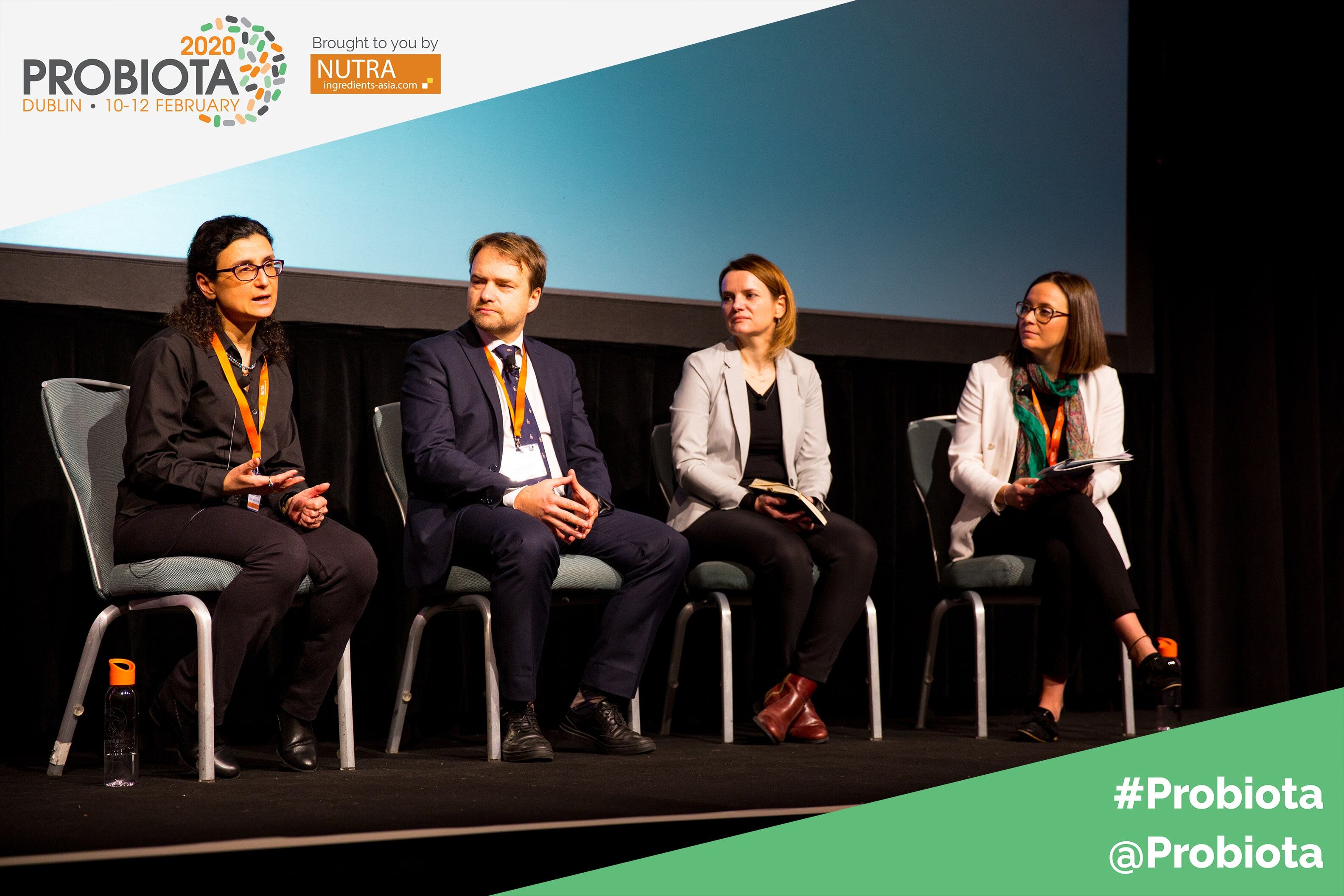Last month, CosmeticsDesign-Europe hosted an expert panel debate at Probiota 2020 in Dublin entitled ‘Beauty and the skin microbiome: Opportunities beyond the gut’. The panel, comprised of Dr. Audrey Gueniche, senior clinical expert at L’Oréal Research and Innovation; Luca Bucchini, director and owner of Hylobates Consulting; and Ewa Hudson, director of insights at Lumina Intelligence, discussed commercial, scientific and regulatory opportunities for probiotics targeting the skin microbiome – considering both topical applications and food supplements.
Beauty probiotics: Skin microbiome gaining ‘a lot of attention from consumers’
One of the panellists, Ewa Hudson from Lumina Intelligence, also presented recent findings on probiotics and consumer engagement across Europe at the three-day event, including products that targeted the skin microbiome.
Speaking to CosmeticsDesign-Europe in Dublin, Hudson said there was plenty of activity in the probiotic beauty space and potential to develop this category further.
“Today I focused specifically on Europe, and we can definitely see that the skin microbiome – which is beauty in the bigger context – is gaining a lot of attention from consumers, online especially. The story is really moving into the natural side of cosmetics, clean cosmetics and then probiotic cosmetics,” she said.
Lumina Intelligence data found online engagement with probiotic cosmetics had risen 450% in January this year, compared to two years prior – the fastest rise in engagement across all probiotics.
Acne, eczema and anti-ageing promise for probiotics
Probiotic cosmetics targeting skin conditions like eczema and acne, for example, were popular and satisfied consumers because benefits were “tangible”, she said.
However, Hudson said activity stretched beyond probiotics targeting specific skin conditions.
“We see these products in the most prestigious beauty brands, especially for anti-ageing beauty. So, it’s not just the skin side of eczema and acne – the global anti-ageing sector has picked up on probiotics in cosmetics.”
And any future success and traction of probiotics within beauty, she said, would rely heavily on online consumer engagements, particularly reviews on social media in today’s digital era.
Generation Z promise – ‘this is the future of probiotics after all’
Hudson identified Generation Z – consumers currently aged 23 years and under – as one important demographic for the future of probiotics and therefore potential of products in the beauty space.
“I think that e-boys and e-girls are a very, very tough audience to tap in but they will be very, very important because this is the future of probiotics after all,” she said.
“…We need to really think hard [about] how to tap into that market; how to make probiotics suitable for them.”
These consumers were widely online and ‘in-game’ often, Hudson said, which changed behaviour patterns and the value they placed on things like hydration and sense of community. And there were two clear ways to target this demographic with beauty probiotics: either through products that aligned with existing 10-step beauty routines or clean beauty needs or through products for e-gaming that targeted e-hydration, brain health and focus.
Women and probiotics – an untapped opportunity for the future
Hudson identified women as another key demographic for the future of probiotics in beauty.
“There’s a big shift when it comes to women: the women empowerment movement is growing; women are taking on more sports, especially when they’re aged 40+. It’s all about being older but fitter,” she said.
For last year’s London Marathon, for example, she said 40% of all applications came from women and first-time applications showed more women applying than men – “quite a game-changer”.
Hudson said this would ultimately shift consumption patterns among this consumer group, particularly concerns around diet and nutrition, presenting a “unique opportunity” for probiotics.
Women, she said, were already familiar with established probiotic products for gut health and these could be taken into new categories quite easily, beauty being just one example.
Can probiotics play into ‘beauty biohacking’?
At the end of last year, CosmeticsDesign-Europe identified ‘beauty biohacking’ as one of five trends to watch in 2020. Fuelled by a mistrust of big brands and desire to take back control, beauty biohacking would see consumers start to treat beauty like they do tailored fitness programmes and diets – taking physiological needs into close consideration.
Asked whether probiotics could fit into this future trend, Hudson said: “Potentially definitely – first of all on the hydration side.”
While probiotic products were not currently linked to hydration, she said there was potential to develop probiotic-containing beauty products that were designed for skin hydration.
Success with new product developments like this, she said, would rely on being present on own-brand websites, where brands could build up an authentic rapport with consumers. This movement of B2B to B2C would be increasingly important in the future, she said.

